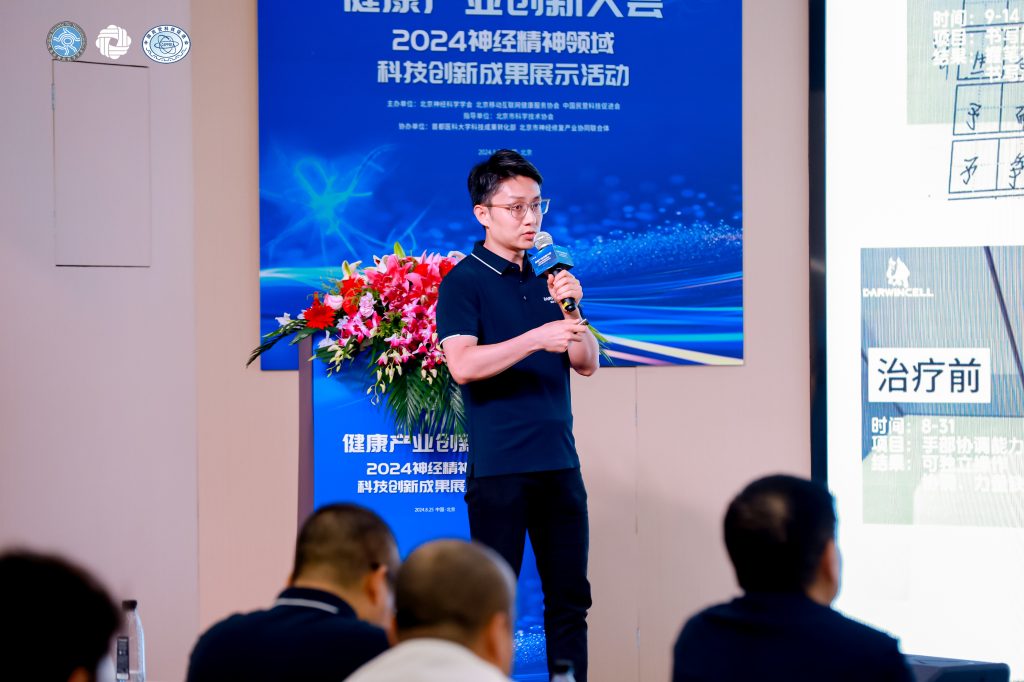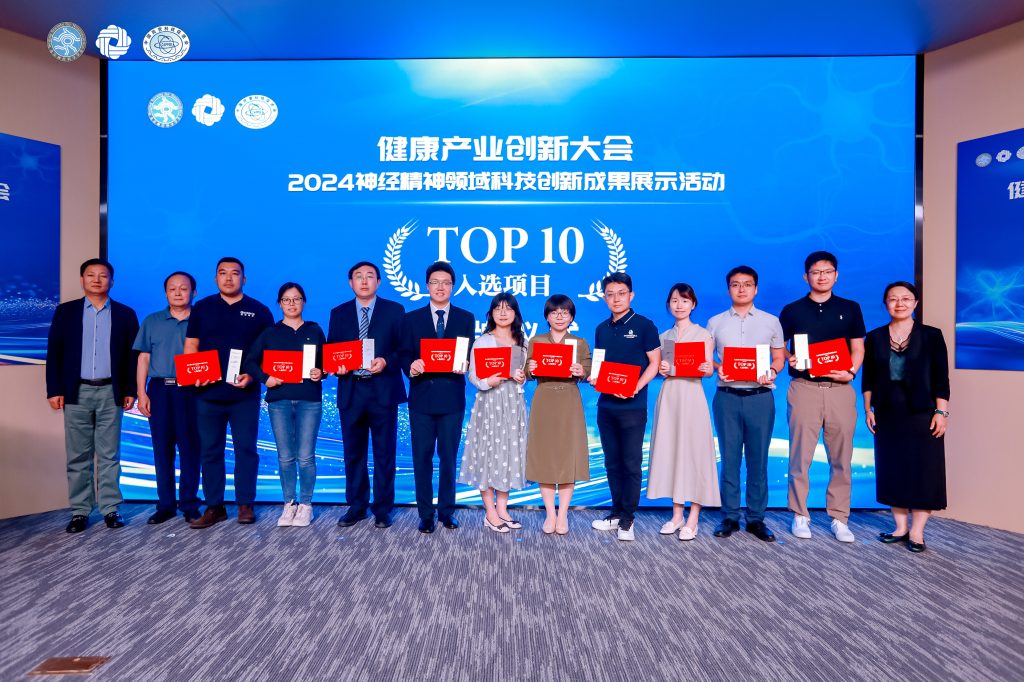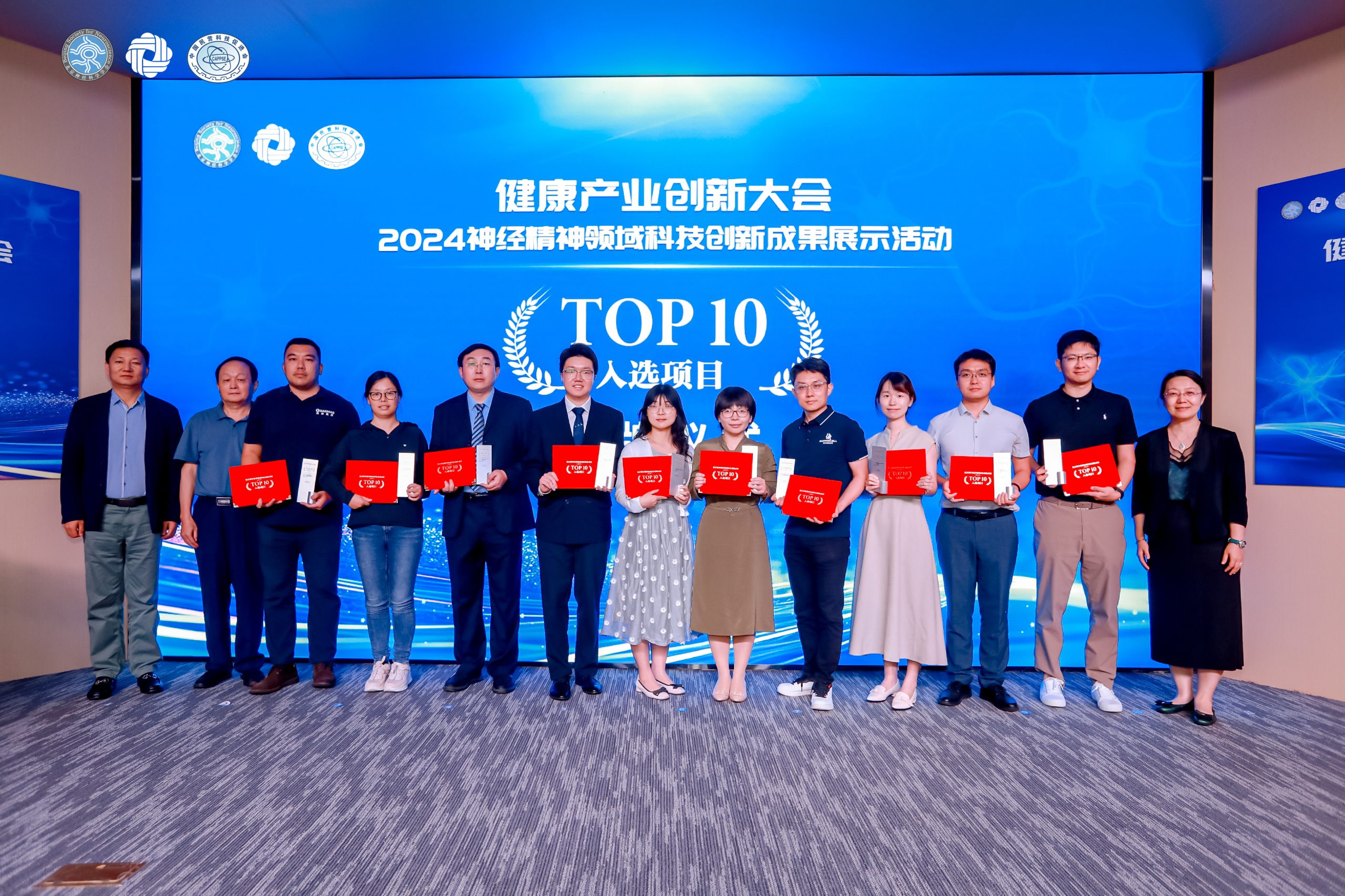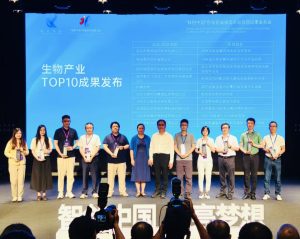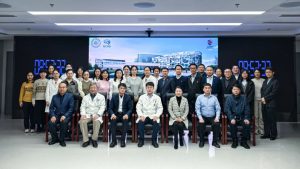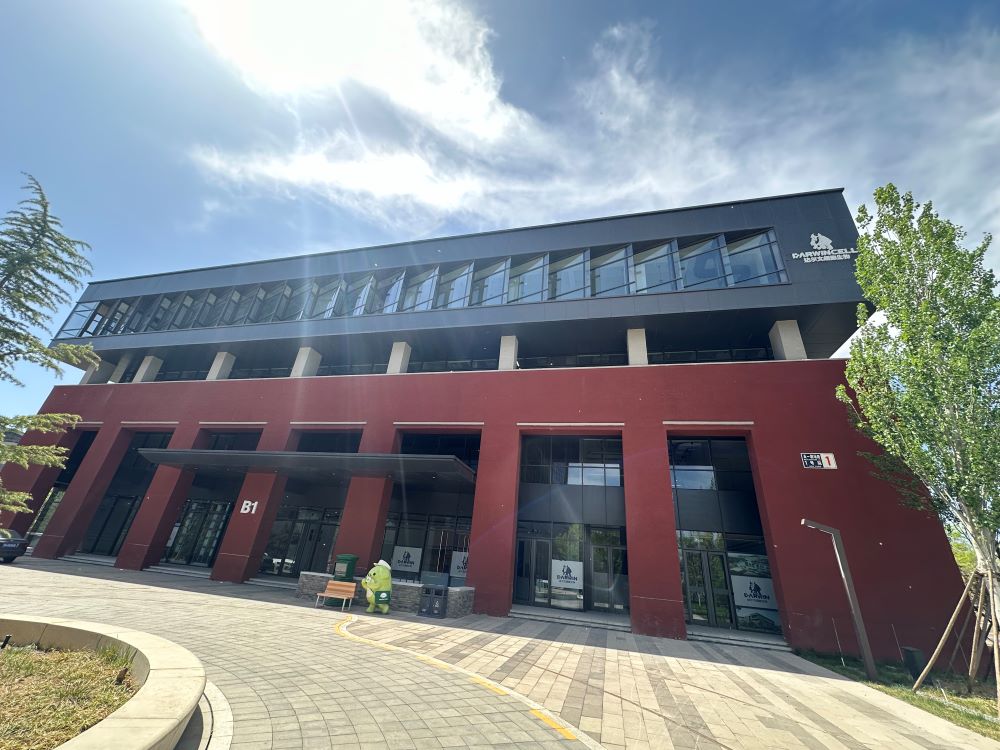On August 25, 2024, the much-anticipated Health Industry Innovation Summit 2024, which showcases scientific and technological innovations in the field of neuropsychiatry, came to a successful conclusion. After layers of screening and fierce competition, Beijing Darwin Cell Biotechnology Co., Ltd.'s "Alitol - Innovative Drug Lighting up the Light of Nerve Repair" project stood out among many other projects due to its unique innovativeness, huge market potential and far-reaching social value, and was honored as "2024 Top 10 Scientific and Technological Innovations in Neuropsychiatric Field". Ltd. stood out from the crowd and was honored as one of the "2024 Top 10 Scientific and Technological Innovations in the Neuropsychiatric Field", which was then brilliantly presented to many investors in the Innovation Achievement Roadshow.

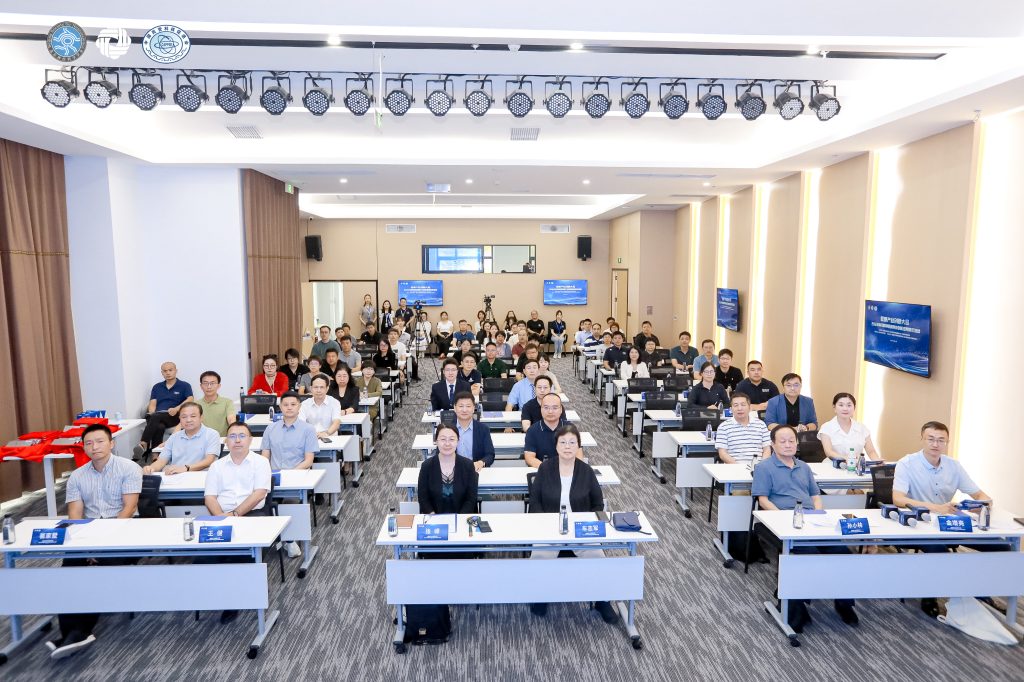
This event has set up a special "Innovation Achievement Roadshow Zone", which builds a bridge for high-quality projects selected as "TOP10" to connect directly with investment institutions, so that the projects can accurately convey their value and innovative essence, and lay a solid foundation for the subsequent investment and financing cooperation. This will lay a solid foundation for subsequent investment and financing cooperation. In addition, the selected projects will be given priority to participate in the "Private Science and Technology Development Contribution Award", and enjoy a series of customized services such as accelerated transformation of achievements, project cooperation and docking, investment and financing services, as well as policy consulting and intellectual property protection.
In the context of accelerated global population aging and lifestyle changes, neurological diseases have become one of the major causes of disability worldwide, and the second leading cause of death after cardiovascular diseases, accounting for more than 30% of the global population; they impose a heavy economic burden on families and society. In the face of this serious challenge, the limitations of traditional therapeutic means have become more and more prominent: the research and development of therapeutic drugs for neurological diseases are affected by a variety of factors, and effective therapeutic drugs and methods are extremely limited, with the approval rate of drug research and development being less than 50% of that of other diseases; the emergence of effective therapeutic drugs is urgently needed in the clinic.
